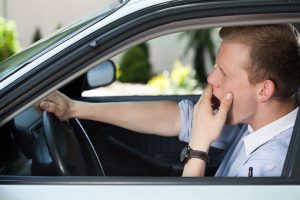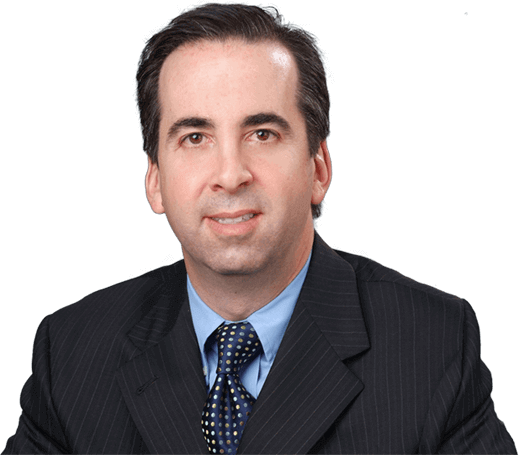How Daylight Saving Can Increase Drowsy Driving
 In mid-March, we set our clocks ahead one hour – resulting in losing an hour of sleep for most of us. For many, this may not seem like a big deal, but that hour shift of daylight saving can have a profound impact on the circadian rhythm – the body’s natural clock that programs when we feel tired or alert.
In mid-March, we set our clocks ahead one hour – resulting in losing an hour of sleep for most of us. For many, this may not seem like a big deal, but that hour shift of daylight saving can have a profound impact on the circadian rhythm – the body’s natural clock that programs when we feel tired or alert.
When the clock is set forward in the spring, it can take days, and possibly weeks, to fully catch up. This change is often the culprit behind an increase in drowsy driving auto accidents. That’s because many people must get back on a normal sleep schedule.
In the United States, daylight saving time can be especially dangerous, as a large portion of the population doesn’t receive the recommended 7-9 hours of sleep per night to begin with. In fact, sleep deprivation has become part of our culture. More people are juggling more responsibilities – jobs, families, hobbies, and other activities they must cram into their schedules.
Lack of sleep is a common factor in traffic accidents
According to the American Sleep Association, more than 35 percent of adults in the United States receive fewer than seven hours of sleep within a typical 24-hour period. In addition, roughly 40 percent of adults ages 40-59 and 37 percent of adults ages 20-39 report short sleep duration. Another 50-70 million adults in the US have sleep disorders – most notably insomnia, sleep apnea, and narcolepsy.
This lack of sleep translates to danger on our roadways. The National Sleep Foundation cites data from the National Highway Traffic Safety Administration estimating 100,000 traffic accidents reported by police each year due to drowsy driving. On average, about 1,550 people are killed and 71,000 are injured each year.
The National Sleep Foundation conducted a survey that found half of the respondents reported driving while drowsy and another 20 percent reported falling asleep behind the wheel within the previous year.
Who is the most at risk?
While anyone can fall asleep behind the wheel, specific groups identified as being at high risk include:
- Young people: Particularly males under age 26. Younger people are more likely to sleep less and drive during late-night hours.
- Shift workers: People who work nighttime hours, rotating shifts, or long hours are almost six times more likely to be involved in drowsy driving accidents.
- Commercial truck drivers: Truckers spend most of their time behind the wheel and many embark on long trips. At least 15 percent of truck accidents are attributed to drowsy driving.
- People with untreated sleep disorders: This includes sleep apnea, insomnia and narcolepsy. Those who suffer from obstructive sleep apnea are seven times more likely to be involved in a drowsy driving accident than those who don’t.
- Business travelers: Those who travel for business often spend many hours on the road and cross into different time zones. This often results in jet leg that can take days or weeks to adjust to.
Warning signs
Nothing can stop the mind and body from disengaging once fatigue has set in. Attempts to stay awake often prove to only be temporary, and in many cases, ineffective. Before a driver dozes off, drowsiness will manifest through noticeable signs. These include:
- Poor focus
- Weighty eyelids
- Wandering thoughts
- Frequent yawning and eye-rubbing
- Difficulty remembering recent signs, exits, and miles driven
- Difficulty staying in lane
- Restlessness and irritability
- Tailgating and other dangerous driving techniques
Drivers are urged to get off the road if they begin to notice any of these signs. A drowsy driving crash can be prevented simply by pulling over and taking a short nap, or, for shorter distances, consuming some caffeine. Drivers should note, however, that caffeine will not overcome true exhaustion.
If you or a loved one sustained injuries in a crash caused by drowsy driving, you may be eligible for compensation. Contact the Law Offices of Stuart L. Plotnick, LLC today to schedule your free consultation.

